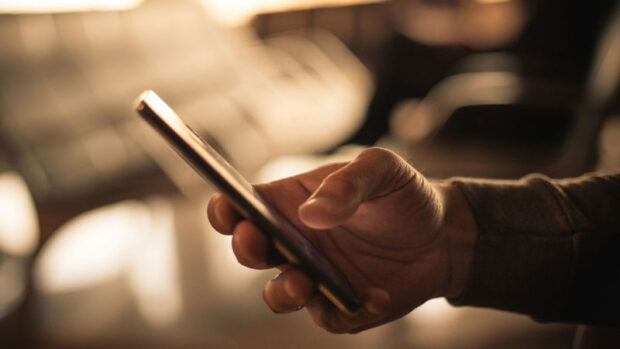Palace to work with Google, Meta, Tiktok, X in fight vs fake news

INQUIRER.net stock images
MANILA, Philippines — Media and information literacy (MIL) may soon be included in school subjects, while social media websites may soon work with the government to fight fake news, especially among the youth.
These are among the measures the Presidential Communications Office (PCO) will undertake as part of its MIL campaign with government agencies and social media companies.
The PCO will sign a memorandum of understanding with its partners on Monday at Hilton Manila in Pasay City.
The PCO said the MIL campaign is the Marcos administration’s response to disinformation and misinformation in the digital landscape, “focusing on capacitating the youth to become more discerning consumers of media.”
Working with soc med
It will work with the Department of Education, the Commission on Higher Education, the Department of the Interior and Local Government, and the Department of Social Welfare and Development in carrying out the literacy drive.
The PCO said these agencies will collaborate in implementing a “comprehensive execution plan” to combat misinformation and disinformation.
“Media information and literacy will be integrated into the higher education curriculum, community-based training, and family-oriented programs,” the agency said.
It added that “social media companies and their platforms are also expected to collaborate with the government by lending the tools and training to fight disinformation and misinformation.” These companies include Google, Meta, TikTok, and X, which was formerly known as Twitter.
President Ferdinand Marcos Jr. himself has pressed government agencies to uphold freedom of information (FOI) and fight fake news, which he said has “no place in modern society.”
It was in June, during the opening ceremony of the 14th Edition of the International Conference of Information Commissioners in Pasay City, when he announced the MIL campaign to support the FOI program, a massive media literacy campaign to combat misinformation and disinformation.
‘Keyboard army’
Fake news has been widely regarded as one factor that undermines public discourse and news reporting in the Philippines and many other countries.
In 2017, a University of Oxford study found that the camp of then-President Rodrigo Duterte spent $200,000 — or about P10 million — for his social media campaign during the 2016 presidential race.
US-based rights group Freedom House said also in 2017 that the Duterte administration was operating fake social media accounts to attack its critics, employing what it called “a keyboard army.”
Duterte himself admitted that year he paid “trolls,” but only during the 2016 campaign.
A February 2022 poll of the Social Weather Stations showed that 69 percent of respondents believed fake news was a “serious problem.” During the election campaign that year, then-presidential candidate Marcos said he was offered troll farms to boost his campaign, but he denied using them—and even urged his critics to find even just one of his supposed trolls.
Beneficiaries
However, Tsek.ph, an academe-based fact-checking initiative, said in February 2022 that Marcos had become a beneficiary of misleading social media messaging.
Twitter (now X) also suspended hundreds of accounts allegedly linked to Marcos supporters for violating its rules.
Despite accusations against Duterte and Marcos that they benefited from social media propaganda, it was Duterte who issued Executive Order No. 2 (series of 2016) laying down an FOI policy in the government, which Marcos said he would strengthen. —WITH A REPORT FROM INQUIRER RESEARCH
RELATED NEWS
Filipinos urged to fact-check to counter the spread of disinformation in the Philippines
INQUIRER.net disowns parody website
Disclaimer: The comments uploaded on this site do not necessarily represent or reflect the views of management and owner of Cebudailynews. We reserve the right to exclude comments that we deem to be inconsistent with our editorial standards.
